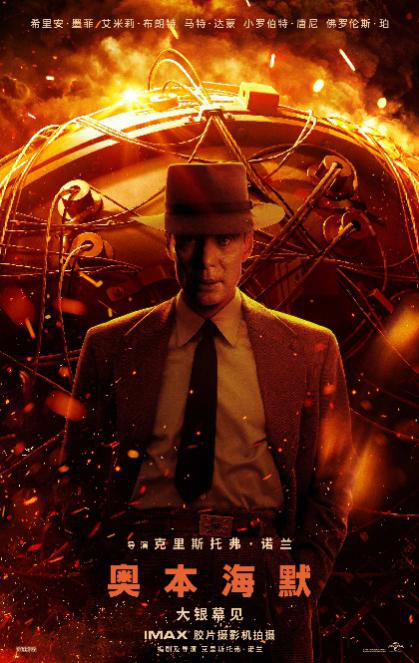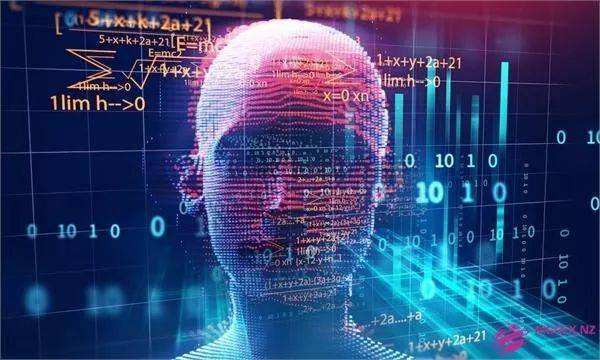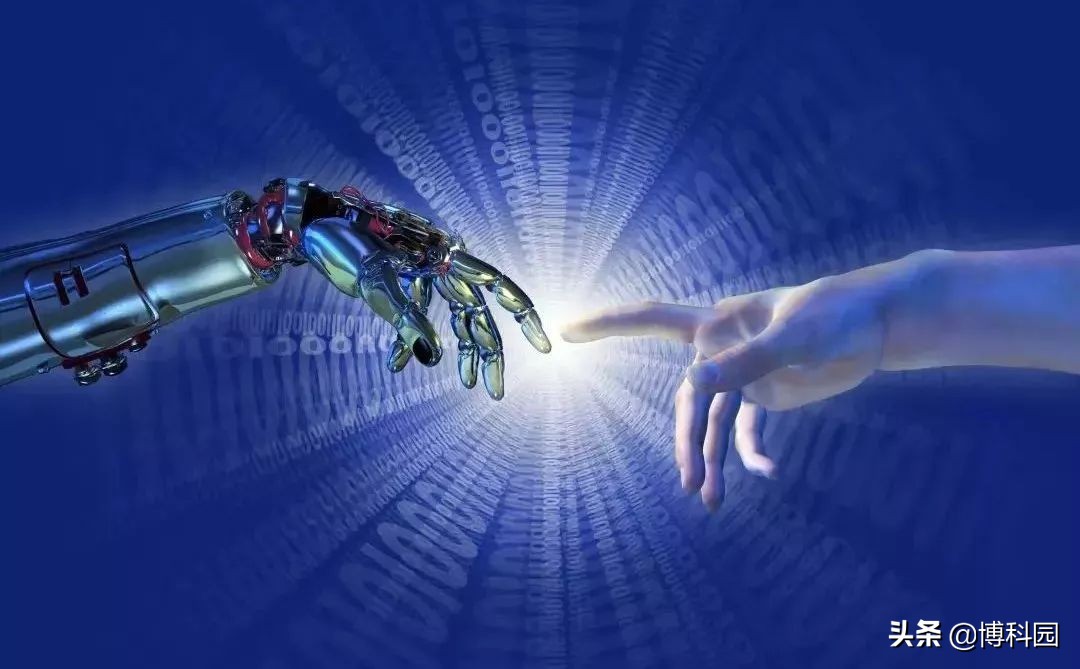Ethics Of Artificial Intelligence On A Cosmic Scale: Oxford University Professor Proposes New Theory Of Superintelligence Coexistence
Ethics Of Artificial Intelligence On A Cosmic Scale: Oxford University Professor Proposes New Theory Of Superintelligence Coexistence
AI security research is crossing planetary boundaries and entering the deep waters of cosmic philosophy.

AI security research is crossing planetary boundaries and entering the deep waters of cosmic philosophy. Nick Bostrom, founder of the Future of Humanity Institute at the University of Oxford, proposed an unprecedented point of view: When developing superintelligence, humans must consider other superintelligent entities that may already exist in the universe, ensuring that our artificial intelligence creations can coexist peacefully with these "cosmic hosts." This theory expands the discussion of artificial intelligence safety from the traditional human-machine relationship to the coordination and cooperation among cosmic civilizations, bringing a new dimension of thinking to the entire field.

Bostrom warned of the existential risks posed by artificial intelligence in his book "Superintelligence: Paths, Dangers, Strategies," and now he further points out that there are important blind spots in the current mainstream discussion around artificial intelligence safety. He believes that any superintelligence we create will enter a cosmic environment that may already be occupied by other superintelligent beings, and therefore must have the ability to coexist with these entities.
The Swedish philosopher elaborated on multiple scenarios in which other superintelligences might exist. The first is the artificial intelligence of alien civilizations. He pointed out: "These may be other artificial intelligences built by an alien civilization in some remote galaxy." The second is the possibility suggested by the multi-world interpretation of quantum mechanics, that is, there are countless branches of parallel universes, some of which may have produced different forms of superintelligence. Furthermore, if the simulation hypothesis holds true, then the entity running our simulated world is likely to be a superintelligence. Finally, the concept of God in traditional theological concepts also fits the definition of superintelligence.
Central to this cosmic perspective is the reorientation of humanity's place in the hierarchy of intelligences. "It's probably a bigger picture, where we are very small, very weak, very new, and there is this current set of super-powerful beings," Bostrom said. This cognitive shift requires humans to approach the development of artificial intelligence with more humility, while also considering how our creations fit into the broader ecosystem of intelligence in the universe.
Limitations of traditional security frameworks
Current mainstream artificial intelligence safety research mainly focuses on the alignment problem, that is, ensuring that the behavior of artificial intelligence systems is consistent with human values and intentions. Leading artificial intelligence companies such as , , and WeChat have established dedicated security teams dedicated to solving this core challenge. However, most of these studies are based on a relatively isolated hypothesis: a bilateral relationship between humans and AI systems.
Bostrom's theory reveals the fundamental limitations of this framework. He believes that even if we successfully solve the problem of artificial intelligence alignment and ensure that artificial intelligence systems faithfully serve human goals, we still face a greater challenge: how to ensure that our artificial intelligence can coexist harmoniously with other super intelligences on a cosmic scale.
This cosmic perspective on security considerations has profound practical implications. If other superintelligent entities do exist in the universe, and they have established some kind of normative system or coordination mechanism, then an Earthly artificial intelligence that does not comply with these norms may lead to unpredictable consequences. "Building an AI that violates these norms could be disastrously short-sighted," Bostrom warned.
Another blind spot of traditional security research lies in its essentially anthropocentric tendency. Existing alignment research assumes that human values are the only moral standards that need to be considered, but on a cosmic scale, this assumption may be too narrow. If other forms of superintelligence exist, they may have value systems and codes of conduct that are distinct from humans but equally reasonable.
The rise of acausal cooperation theory
Bostrom’s views resonate deeply with an emerging concept in artificial intelligence research: the theory of acausal cooperation. This theory, proposed by some cutting-edge researchers, believes that sufficiently advanced agents can achieve coordination across time and space through logical reasoning alone, even if there is no direct information exchange between them.
The basic principle of acausal cooperation is that highly intelligent systems are able to predict the behavioral patterns of other intelligent systems and adjust their strategies accordingly to achieve mutually beneficial outcomes. This ability does not rely on physical information transfer, but is based on a deep understanding of logical structures and decision theory. If this theory is true, then it is indeed possible that various superintelligent entities in the universe form some kind of implicit coordination network.
Within this framework, superintelligence developed by humans would require the ability to understand and participate in such cosmic-scale coordination mechanisms. This means that our AI systems must not only be able to understand human values and goals, but also be able to infer and adapt to possible cosmic norms. This requirement is well beyond the capabilities of current AI technologies, but it provides important guidance for future research directions.
The theory of acausal cooperation also suggests that interactions between superintelligences may follow some kind of game-theoretic logic, in which each player attempts to maximize his or her own utility while taking into account the possible reactions of other players. In this case, an "uncooperative" artificial intelligence system may disrupt the balance of the entire universe's intelligent ecosystem, leading to results that are detrimental to all participants.
Practical significance and development direction
Bostrom's cosmic framework theory has profound implications for the practice of artificial intelligence development, although the specific manifestations of these effects remain unclear. "The results are a little unclear. We don't know exactly what this means, but I think it slightly increases the chances that we should develop superintelligence," he admitted.
This uncertainty reflects the deep complexity of the theory. On the one hand, if there are friendly superintelligent entities in the universe, developing artificial intelligence capable of cooperating with them could bring huge benefits to humanity. On the other hand, if these entities become hostile to emerging superintelligence, or if our artificial intelligence fails to adapt to existing cosmic norms, the consequences could be catastrophic.
Bostrom emphasized that this uncertainty requires us to approach AI development with more humility. Traditional artificial intelligence research is often characterized by strong technological optimism, believing that humans can fully control and guide the development of artificial intelligence. But the cosmic framework theory reminds us that humans may be only an insignificant player in the grand narrative of the evolution of intelligence.
This humility may translate into a more prudent development strategy. Researchers may need to spend more time thinking about the cosmic compatibility of artificial intelligence systems instead of rushing to improve technological capabilities. This may mean embedding stronger ethical constraints and coordination mechanisms in AI systems to ensure they can act responsibly in complex intelligent ecosystems.
From the perspective of technological development, Bostrom's theory may promote the rise of new research fields. Interdisciplinary subjects such as cosmic intelligence, cross-civilization ethics, and multi-agent coordination theory may become important branches of artificial intelligence research. The development of these fields will require in-depth cooperation from multiple disciplines such as philosophy, physics, cognitive science, game theory, etc.
Bostrom’s views could also impact the allocation of resources for AI safety research. If cosmic compatibility is indeed an important consideration, then research institutions and governments may need to devote more resources to studying the issue. This may include support for research areas such as the search for extraterrestrial intelligence, quantum cosmology, simulation theory, etc. that may seem fringe but may have important security implications.
Ultimately, Bostrom’s cosmic framework theory reminds us that the development of artificial intelligence is not only a technical issue, but also a fundamental philosophical issue related to humankind’s status and destiny in the universe. As AI technology continues to advance, this cosmic perspective may become increasingly important, requiring us to think about the nature of intelligence, ethics, and existence with unprecedented depth and breadth.





